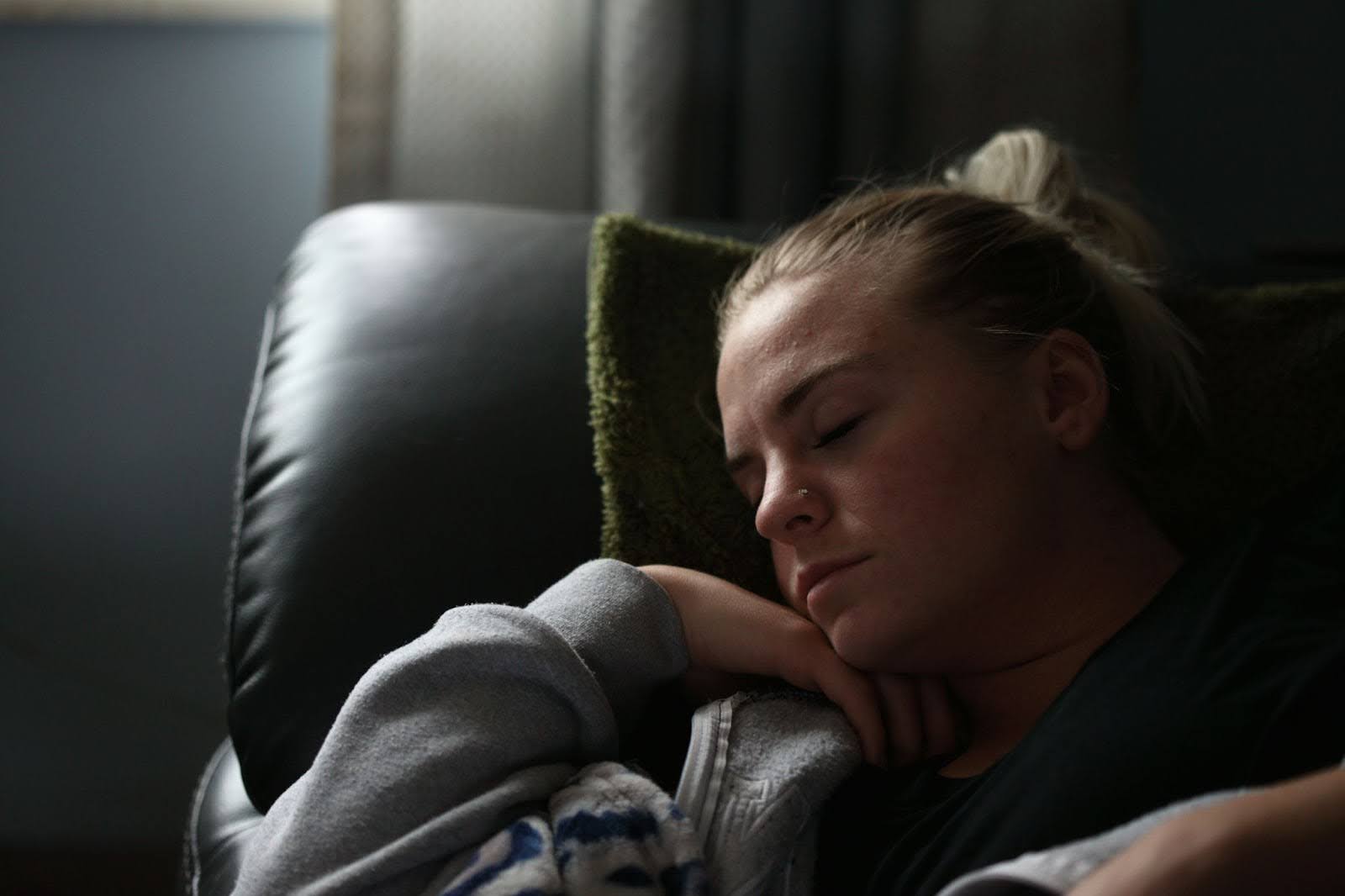“Postpartum Depression: A Hidden Challenge”
In the wake of childbirth, the early days of parenthood often become an arduous journey for many individuals. However, the healthcare system frequently falls short in providing the essential support that new mothers so desperately require. While expectant mothers receive regular check-ups leading up to delivery, the recommended postpartum appointment with a medical professional is typically scheduled six weeks after birth. This lengthy gap leaves numerous parents feeling isolated during this crucial and often overwhelming period.
As the weeks pass by, the euphoria of bringing a new life into the world can be overshadowed by the overwhelming emotional turmoil that some mothers experience. This period is often described as the “baby blues,” a short-lived phase characterized by heightened feelings of sadness or anxiety. However, what often goes unnoticed is the insidious presence of postpartum depression, a condition that affects an estimated 1 in 7 women. Astonishingly, up to 50% of women grappling with postpartum depression remain undiagnosed, left to navigate this profound emotional struggle alone.
Compounding this challenge is the stark reality of the United States being one of the few developed nations without paid parental leave. For many mothers, this means they are not only wrestling with their mental health but also facing the economic pressures of returning to work shortly after giving birth. This confluence of factors not only puts mothers at risk but also poses a significant threat to the health and well-being of their newborns.
“Unveiling the Scope of Postpartum Depression”
Delving deeper into the intricacies of postpartum depression reveals its staggering prevalence. While the “baby blues” affect a majority of new mothers, postpartum depression is an entirely different beast. It’s estimated that nearly 1 in 7 women undergo this emotionally taxing experience. Yet, it’s a silent struggle, one that often goes unnoticed. The gravity of the situation becomes apparent when considering that half of the women grappling with postpartum depression remain undiagnosed, silently bearing the weight of their condition.
This silent struggle becomes even more pronounced when considering socioeconomic factors. Mothers living in poverty are more likely to face postpartum depression, creating a cruel paradox where those who need support the most often have the greatest difficulty accessing it. The healthcare disparities and the lack of equitable access to maternal mental health care paint a stark picture of the challenges that need to be addressed urgently.
“A Breakthrough: Zurzuvae (zuranolone)”
Amidst the shadows of postpartum depression, a beacon of hope emerges in the form of Zurzuvae (zuranolone). The recent approval of this groundbreaking medication by the US Food and Drug Administration represents a momentous milestone in the field of postpartum depression treatment. What sets Zurzuvae apart is not just its status as the first oral medication for this debilitating condition but also its rapid onset of action, outpacing traditional antidepressants. A 14-day course of treatment, and some patients report improvements within mere days, offering a glimmer of light in a previously dark landscape.
“Shining a Light on Postpartum Depression”
Beyond its direct benefits, the introduction of Zurzuvae raises awareness about postpartum depression, a condition affecting nearly half a million US women annually. This heightened awareness has the potential to reduce the stigma surrounding postpartum depression and encourage healthcare professionals to conduct more frequent screenings.
“The Challenge of Accessibility”
Beyond the immediate therapeutic benefits, the introduction of Zurzuvae serves a broader purpose. It casts a spotlight on postpartum depression, a condition that silently afflicts almost half a million women in the United States every year. This heightened awareness has the potential to chip away at the stubborn stigma surrounding postpartum depression, encouraging healthcare professionals to conduct more frequent screenings and intervene when needed.
“The Path Forward: Supporting New Mothers”
While Zurzuvae offers hope on one hand, an imposing challenge looms on the other: its cost. Novel medications like Zurzuvae may prove financially out of reach for many individuals, particularly those with low incomes. This stark reality underscores the urgent need to address healthcare disparities and to ensure equitable access to maternal mental health care. The unenviable situation is that those who may require the medication most urgently may face the greatest obstacles in obtaining it.






